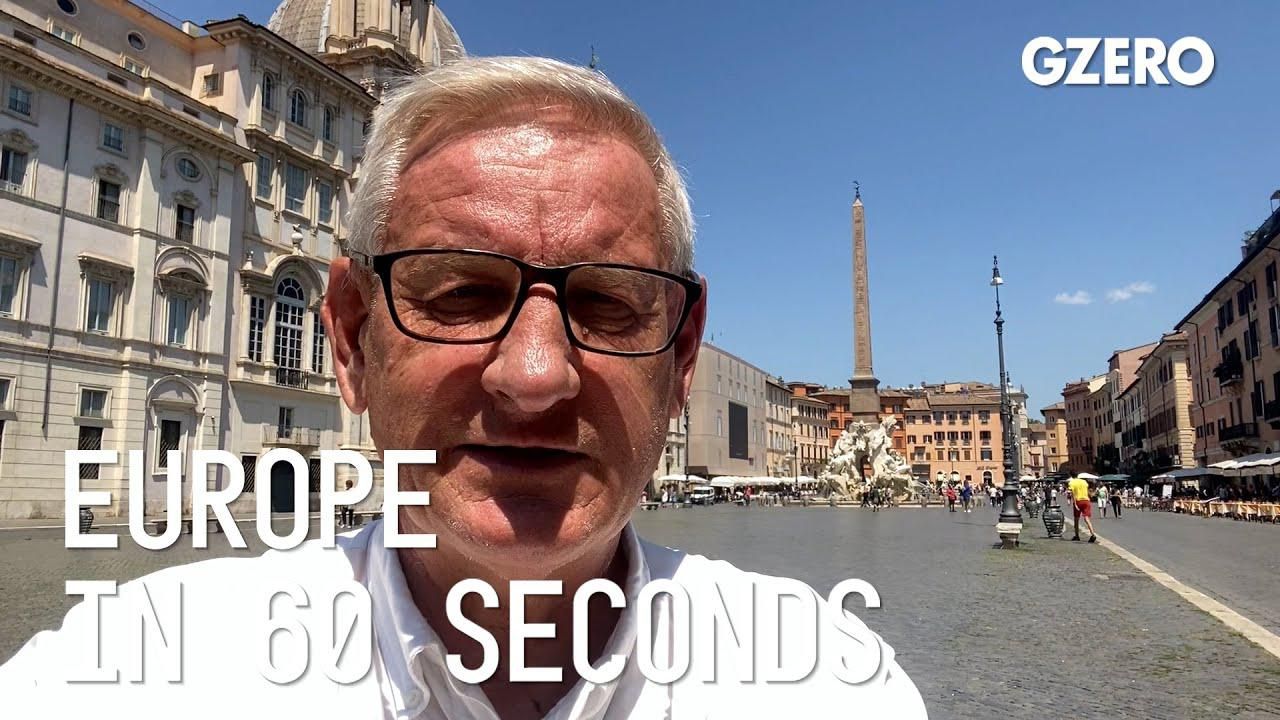GZERO Europe
Germany's floods make climate, competence top issues for election

Floods Will Center Climate Change in German Election Campaign | Europe In :60s | GZERO Media

Carl Bildt, former Prime Minister and Foreign Minister of Sweden, shares his perspective from Europe:
What will be the effects on the politics of Germany after the immense flooding?
Well, it's really been a catastrophe, nearly 200 people dead in Germany alone. First effect, naturally, questions about the competence of the government, has enough been done? And secondly, climate issues will be much more in forefront of the election campaign.
What are the details of the green package that was unveiled by the European Commission the other day?
Details, there are many. But there are two pillars of it. The first is the radical enlargement and strengthening of the ETS, the Emissions Trading System, to include housing and include transport. That's a fairly firm mission. Secondly is what is called a carbon border adjustment mechanism. That is a carbon tax on imports from countries that are less stringent on climate. Both of these are fairly significant measures. There will be a lot of debate both inside Europe and around the world about the effects that they will have, but if Europe is going to achieve the 55% reduction by 2030, that has been promised and is necessary, ain't much of an alternative.
On GZERO World, IMF chief Kristalina Georgieva explains to Ian Bremmer why the global economy—and even the eurozone—is proving more resilient than expected.
At the 2026 World Economic Forum in Davos, GZERO’s Tony Maciulis spoke with Ariel Ekblaw, Founder of the Aurelia Institute, about how scaling up infrastructure in space could unlock transformative breakthroughs on Earth.
Who decides the boundaries for artificial intelligence, and how do governments ensure public trust? Speaking at the 2026 World Economic Forum in Davos, Arancha González Laya, Dean of the Paris School of International Affairs and former Foreign Minister of Spain, emphasized the importance of clear regulations to maintain trust in technology.
Will AI change the balance of power in the world? At the 2026 World Economic Forum in Davos, Ian Bremmer addresses how artificial intelligence could redefine global politics, human behavior, and societal stability.